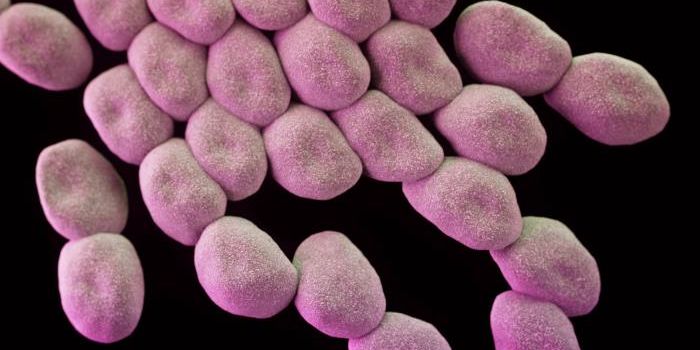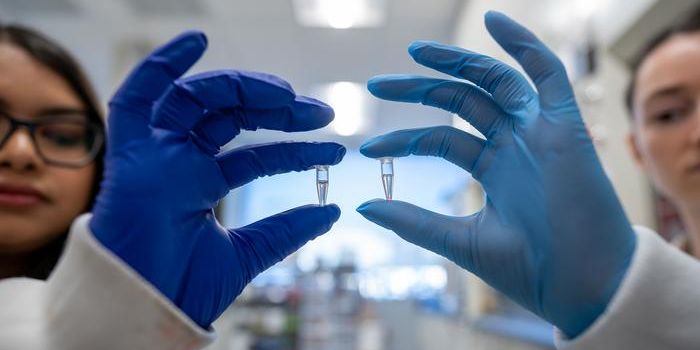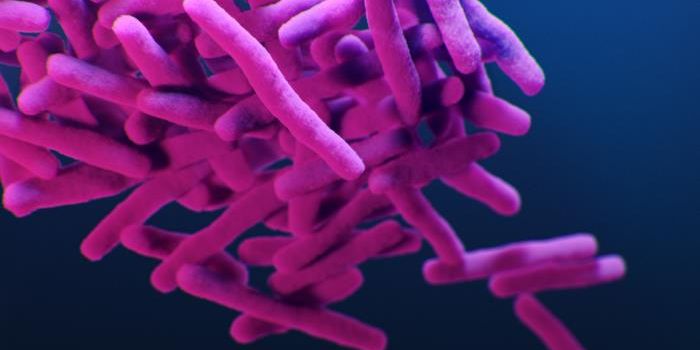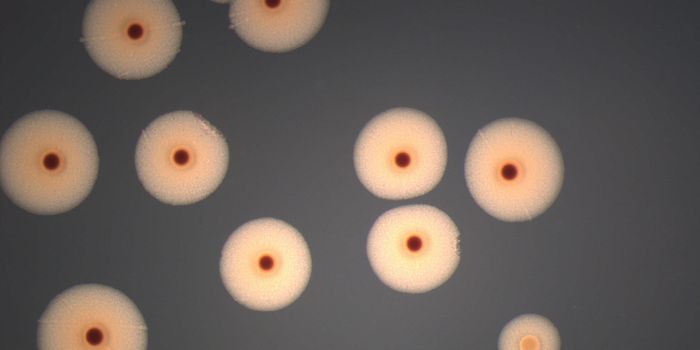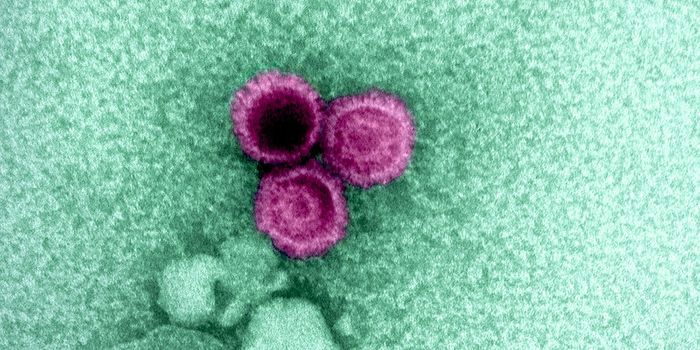Risk of Lung Distress Triples in Kids Born to Unvaccinated Moms with COVID
We are still learning about the long term impacts of COVID-19, and how the virus that causes the illness, SARS-CoV-2, can affect the body. New research has suggested that infants who are born (full-term) to mothers who had COVID-19 during their pregnancy are at three times greater risk of developing respiratory problems compared to infants born to mothers who had not been infected during pregnancy. The work also showed, however, that when mothers were vaccinated, even if they got COVID-19 during pregnancy, the risk to the infant was significantly reduced. SARS-CoV-2 appears to trigger an inflammatory signaling cascade in infants who were exposed while fetuses, increasing the likelihood of a breathing disorder that tends to happen to prematurely born infants. The findings have been reported in Nature Communications.
"We found unusually high rates of respiratory distress shortly after birth in the full-term babies born to mothers who had COVID-19 during pregnancy," said senior study author Dr. Karin Nielsen, a professor at the David Geffen School of Medicine at UCLA. "The mothers had not been vaccinated prior to acquiring COVID, indicating that vaccination protects against this complication."
In this work, the researchers analyzed how in-utero exposure to SARS-CoV-2 affected proteins. Cells in the airways have motile cilia, little appendages that can move, swiping mucus as they do to clear it from the respiratory tract. But SARS-CoV-2 exposure in utero disrupted the function of motile cilia in affected infants, who also carried high levels of antibodies known as immunoglobulin E (IgE).
There were 221 mothers who volunteered for the study. Of these 221 participants, 151 (68 percent) had not been unvaccinated before they got COVID-19, and 23 women (16 percent) had severe cases. There were only three vaccinated mothers who also had severe COVID-19.
Of the 199 infants who were exposed and followed throughout the study, 34 of them (17 percent) had respiratory distress. Only about five percent of unexposed infants in the general population have this issue, so this is a very high rate among these COVID-exposed infants. Women with severe COVID-19 during pregnancy gave birth to 21 percent of the infants with respiratory problems, and only only six percent of the babies without respiratory problems.
Only five of the 34 infants with respiratory distress were born to vaccinated mothers, who also gave birth to 63 infants without any breathing problems, showing that vaccination can be protective to moms and babies. Even when only a single dose of mRNA vaccine had been administered, there was a significant reduction in the risk of respiratory problems in full-term infants.
This was a relatively small study, and most participants had been enrolled at a medical center that tends to see some of the most severe COVID-19 cases. Thus, the findings may be skewed toward outcomes from more serious cases, and may be more pronounced that what is sen in the general population, cautioned the researchers. However, it certainly shows that vaccination can be beneficial to pregnant moms and their infants.
Sources: University of California, Los Angeles, Nature Communications


